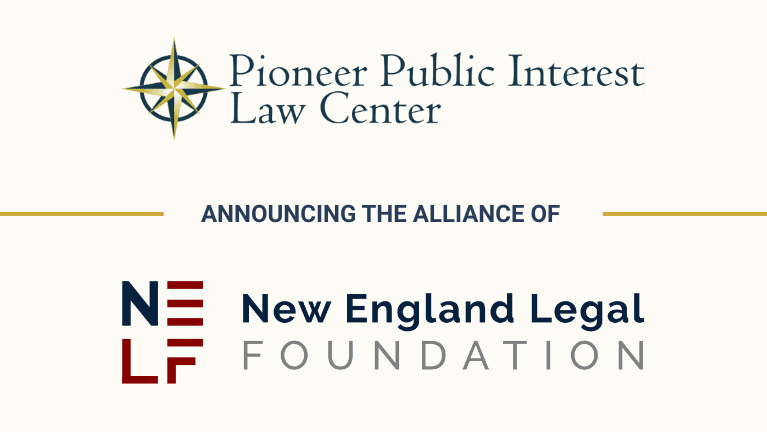E.M.D. Sales, Inc. v. Carrera
(United States Supreme Court, on the merits)
Docket Summary
The issue in this case is what standard of proof applies when an employer argues that an employee falls under one of the Fair Labor Standard Act’s 34 exemptions from the right to receive overtime pay. Is it a mere preponderance of the evidence, or is it a heightened standard of clear and convincing evidence? In its amicus brief, NELF argues that an employer should be able to prove that an employee is exempt from receiving overtime pay by a mere preponderance of the evidence. This is because the FLSA’s 34 exemptions substantially restrict the right to overtime pay, while Congress has remained silent on the applicable standard of proof. This silence is inconsistent with an intent to require a heightened standard of proof.
The FLSA codifies a considered legislative compromise on the issue of overtime pay. While Congress has favored employees’ interests with the right to receive overtime pay, Congress has also favored employers’ interests with numerous exemptions restricting that right. Only a mere-preponderance standard would preserve that legislative balance of competing interests, because it would allocate the risk of an erroneous judgment nearly equally between the parties, thereby balancing their respective interests in a correct decision on the issue of overtime pay.
The FLSA’s exemptions reflect the legislative judgment that the remedial purposes underlying the overtime-pay requirement are ill suited to entire industries and categories of employees. Congress has evidently determined that the employer’s economic interests outweigh the exempt employee’s interests on the issue of overtime pay. Only a mere-preponderance standard would preserve this legislative judgment, by allocating the risk of an erroneous court judgment on the issue of overtime pay nearly equally between the employer and the employee.
By contrast, a clear-and-convincing standard would contravene Congress’s balanced treatment of overtime pay, by placing the risk of an erroneous judgment predominately on the employer’s shoulders. As a result, a heightened evidentiary standard would favor the interest in awarding overtime pay even to the exempt employee, at the employer’s unwarranted expense. The FLSA’s 34 exemptions to overtime pay should defeat this skewed allocation of risks.
Because a clear-and-convincing standard expresses a preference for one side’s interests, the Court will not apply that standard to a private monetary dispute, unless “particularly important individual interests or rights are at stake.” But the FLSA’s numerous exemptions, along with Congress’s silence on the issue, indicate that Congress did not conceive of overtime pay in that way. In any event, if the right to overtime pay is “particularly important,” so are the FLSA’s 34 exemptions that substantially restrict that right. Only a mere-preponderance standard would preserve this legislative balancing of competing important interests.


